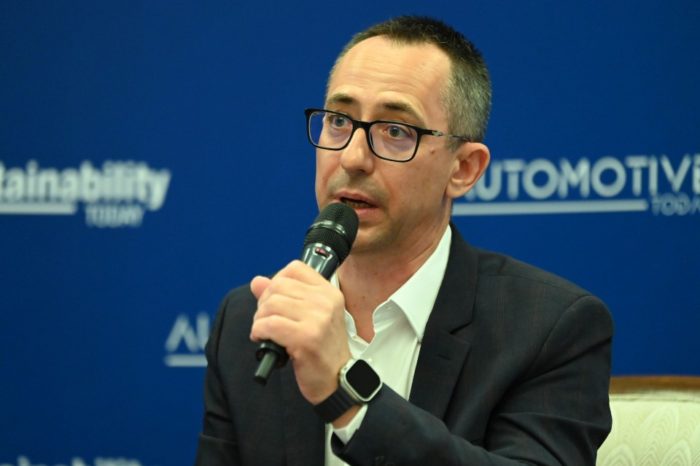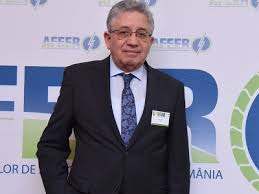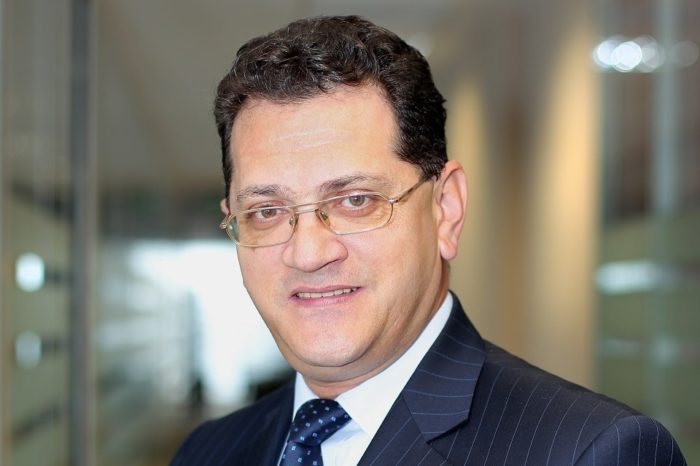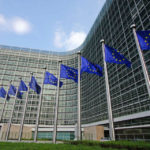European Commission approves 149 million Euro scheme to support renewable hydrogen production in Romania
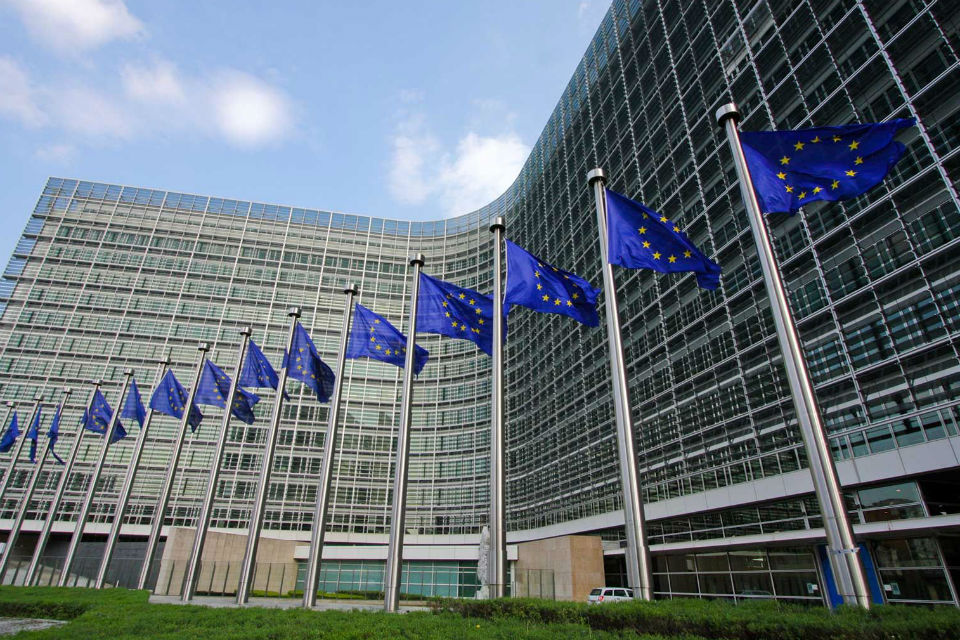
The European Commission has approved, under EU State aid rules, a 149 million Euro Romanian scheme made available through the Recovery and Resilience Facility (‘RRF’) to support the production of renewable hydrogen. The measure aims to contribute to the development of renewable hydrogen in line with the objectives of the EU Hydrogen Strategy and the EU Green Deal. The scheme will also contribute to the objectives of the REPowerEU Plan to reduce dependence on Russian fossil fuels and fast forward the green transition.
Executive Vice-President Margrethe Vestager, in charge of competition policy, said: “This €149 million scheme enables Romania to step up its renewable hydrogen production capacities, while limiting possible distortions of competition. Not only will the measure adopted today contribute to the achievement of the EU Hydrogen Strategy and the EU Green Deal ambitions. It will also help Romania in replacing natural gas, coal and oil in hard-to-decarbonise industries and transport sectors, and in reducing its dependence on imported fossil fuels, in line with the REPowerEU Plan.”
The scheme notified by Romania, which will run until 31 December 2023, will be partially funded through the RRF, following the Commission’s positive assessment of the Romanian Recovery and Resilience Plan and its adoption by the Council.
The scheme is aimed at supporting the construction of new installations for the production of renewable hydrogen, to achieve by 31 December 2025 renewable hydrogen production capacities of at least 100 MW in electrolysis installations producing at least 10,000 tonnes of hydrogen per year.
The scheme is open to (i) companies of all sizes that are active in the production of hydrogen or electricity, (ii) administrative-territorial units, or (iii) national institutes for research and development in the field of energy, including associations or partnerships formed by those actors. Under the scheme, the support will take the form of direct grants. The maximum amount of aid that can be granted per project will not exceed €50 million.
The projects will be selected through a transparent and non-discriminatory bidding process, where beneficiaries will compete for the lowest amount of aid per MW of installed electrolysis capacity. The first call for projects was started in June 2022.

